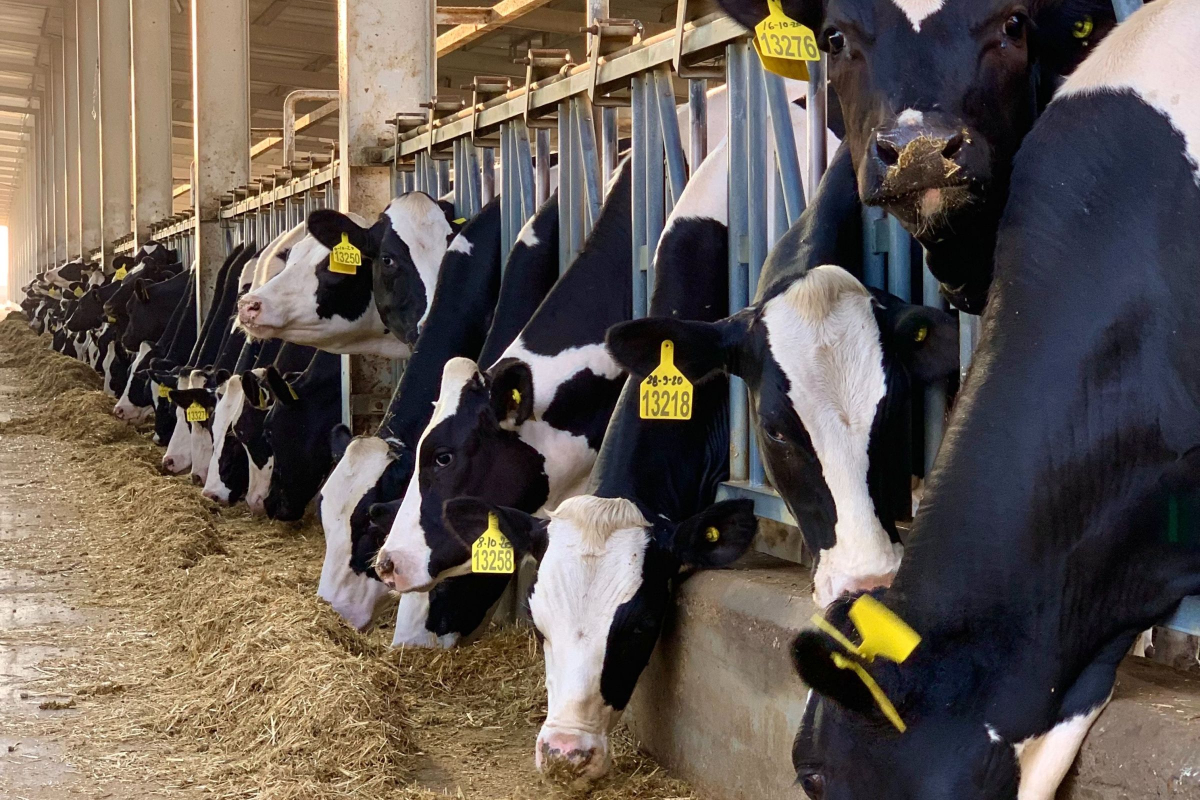Standing Up for the Environment: Letitia James Takes on Meat Giant
In a groundbreaking legal battle unfolding in New York City, Attorney General Letitia James has set her sights on one of the world’s largest meat processing companies, JBS. The lawsuit, filed in the New York Supreme Court, alleges that JBS engaged in deceptive practices by greenwashing its environmental impact, painting a misleading picture of its sustainability efforts.
Located in the heart of Manhattan, the New York Supreme Court serves as the battleground for this high-stakes legal showdown. Attorney General James contends that JBS, which operates numerous meat processing facilities across the country, misrepresented its environmental practices in advertising and marketing materials, falsely portraying itself as a leader in sustainability.
At the center of the lawsuit is the allegation that JBS failed to adequately disclose its significant contributions to climate change and environmental degradation. Despite touting initiatives to reduce greenhouse gas emissions and promote responsible sourcing, the company allegedly continued to engage in practices that harm the planet, including deforestation and pollution.
The lawsuit alleges that JBS’s actions not only deceive consumers but also undermine efforts to address the climate crisis and protect the environment. By portraying itself as environmentally responsible while continuing to engage in harmful practices, the company allegedly prioritized profits over the planet, putting future generations at risk.
Attorney General James’s decision to take legal action against JBS reflects a growing trend of government officials holding corporations accountable for their environmental impact. As concerns about climate change and biodiversity loss mount, regulators are increasingly scrutinizing companies’ claims of sustainability and transparency.
The outcome of the lawsuit could have far-reaching implications for the meat industry and beyond. If successful, it could set a precedent for greater transparency and accountability in corporate environmental practices, forcing companies to be more honest about their impact on the planet.
JBS, for its part, has denied the allegations and vowed to vigorously defend itself in court. The company asserts that it is committed to sustainability and has made significant investments in reducing its environmental footprint. However, critics argue that these efforts fall short of what is necessary to address the magnitude of the climate crisis.
Regardless of the outcome, Attorney General James’s lawsuit sends a powerful message to corporations that greenwashing will not be tolerated. By holding JBS accountable for its deceptive practices, she is sending a clear signal that protecting the environment is a priority and that companies must be held to account for their actions.
As the legal battle unfolds in the New York Supreme Court, all eyes are on Attorney General Letitia James and her pursuit of justice on behalf of the planet. In an era of unprecedented environmental challenges, her actions serve as a reminder that no company is above the law and that the fight for a sustainable future requires vigilance, determination, and accountability.


